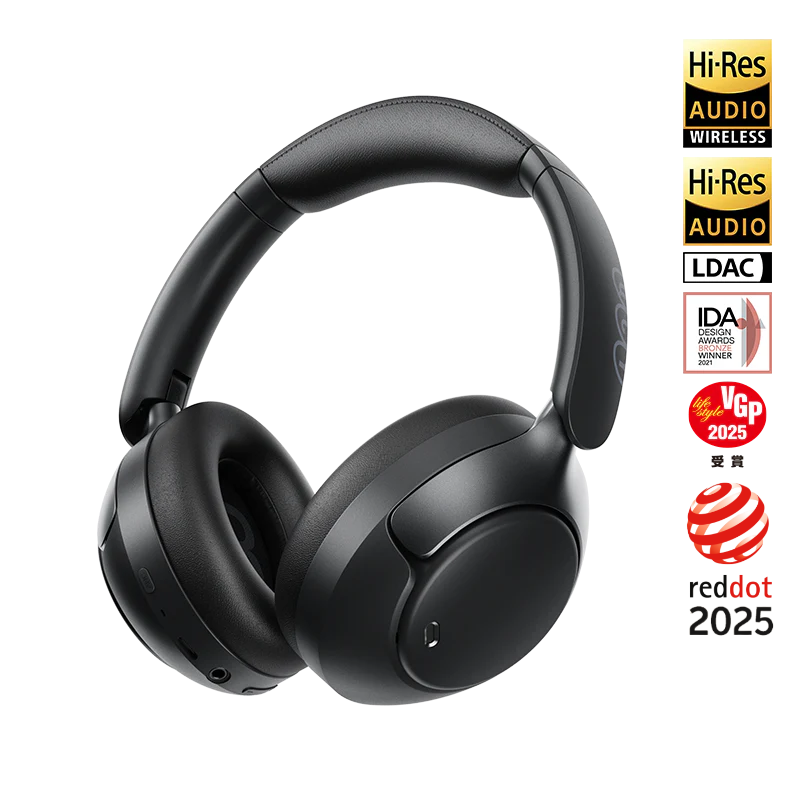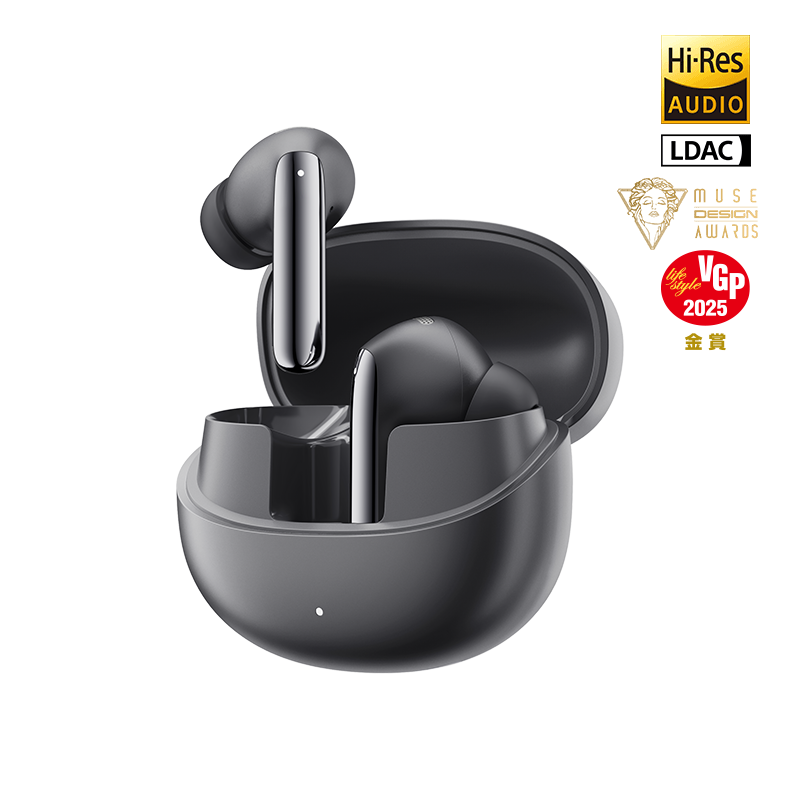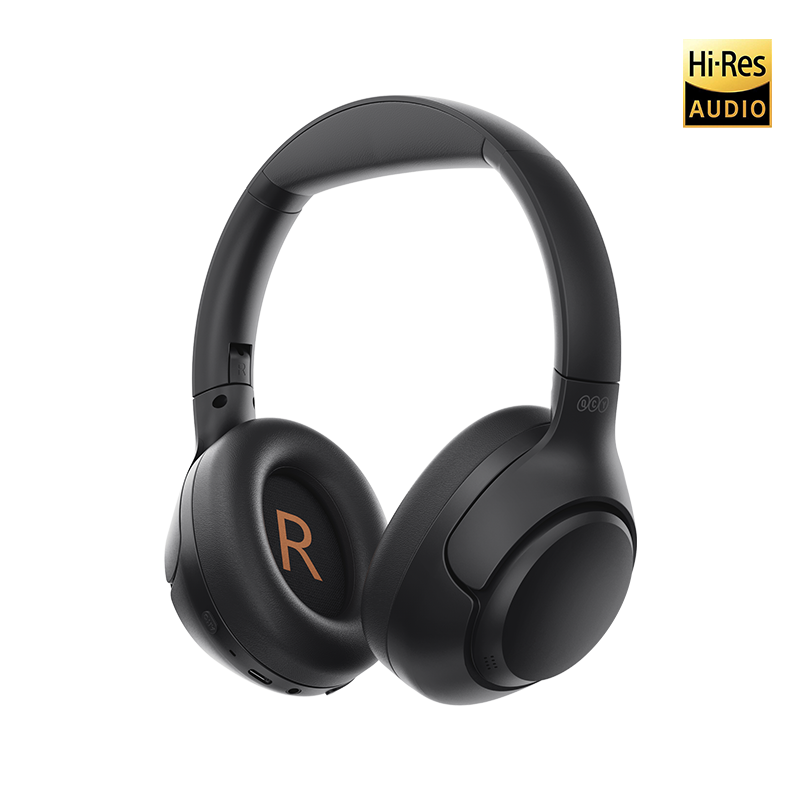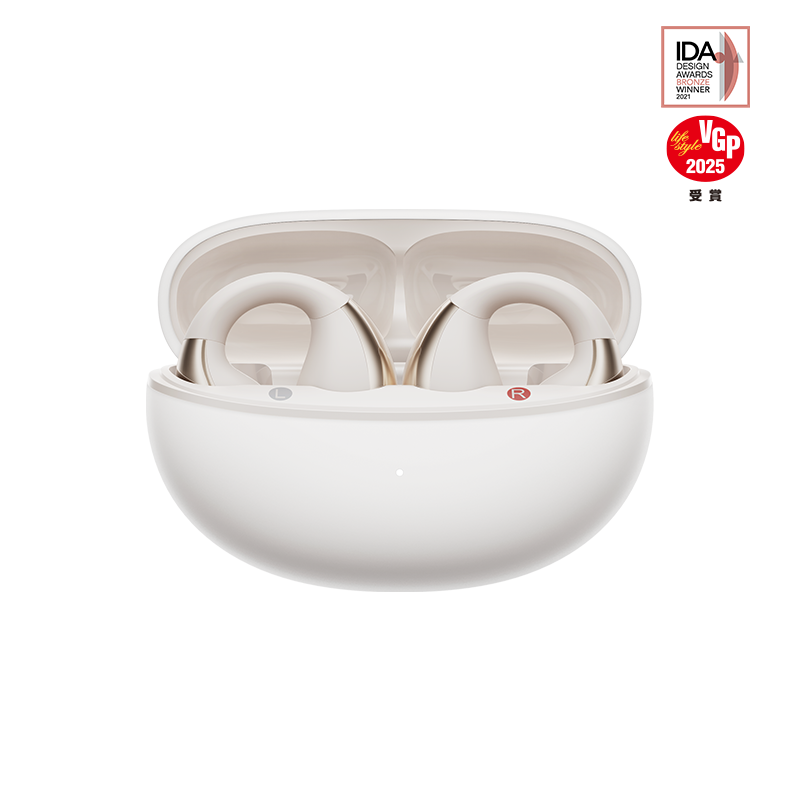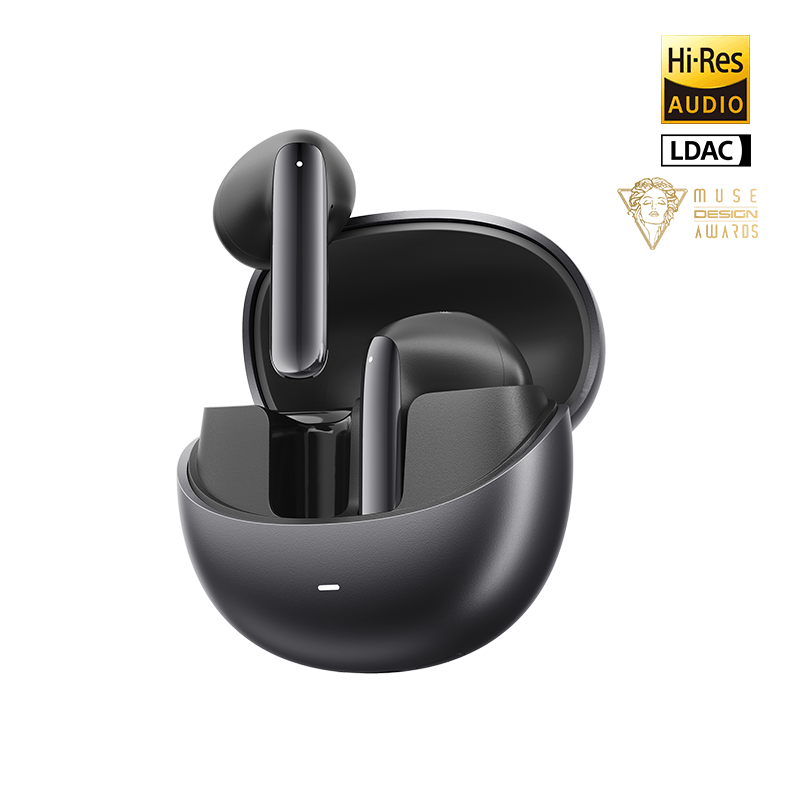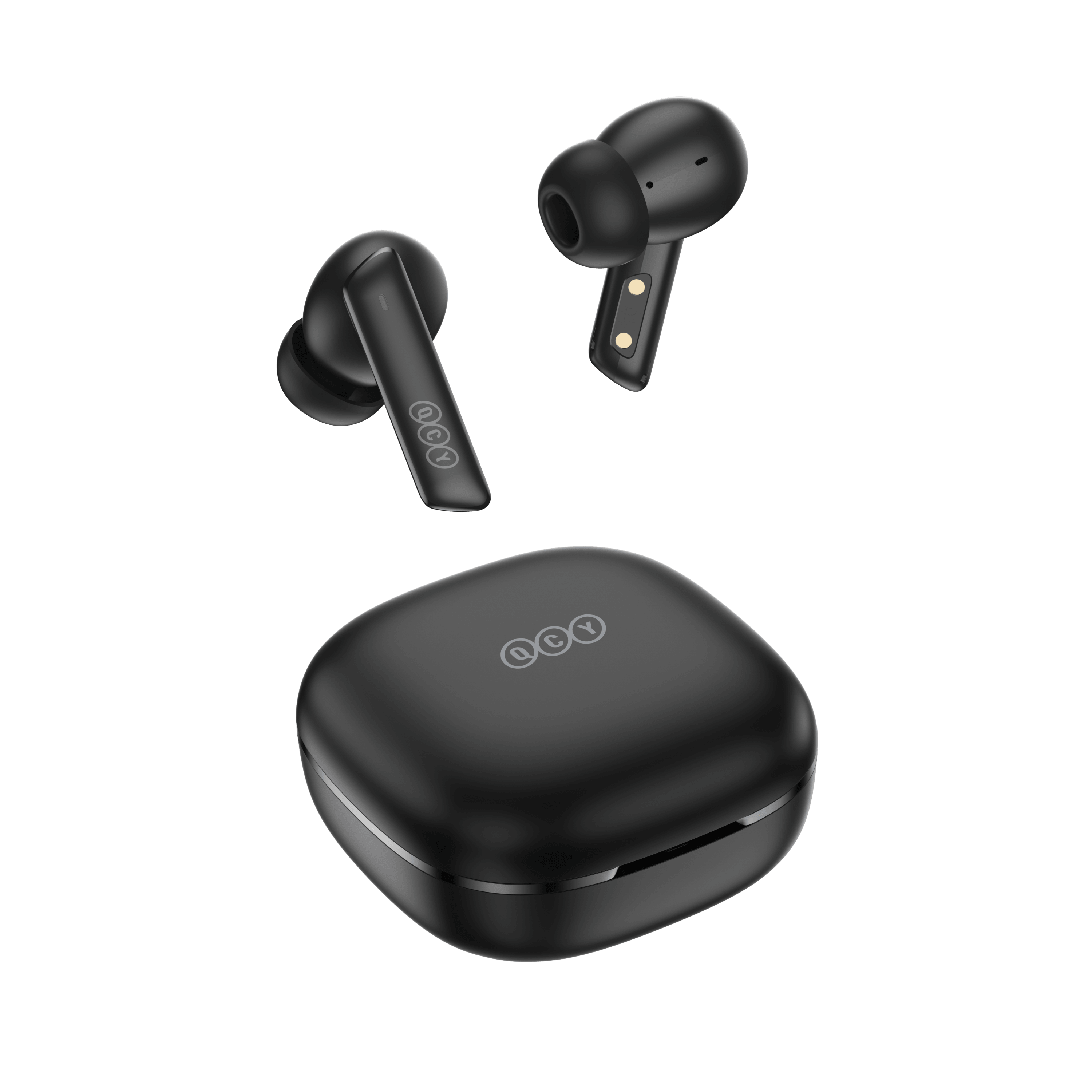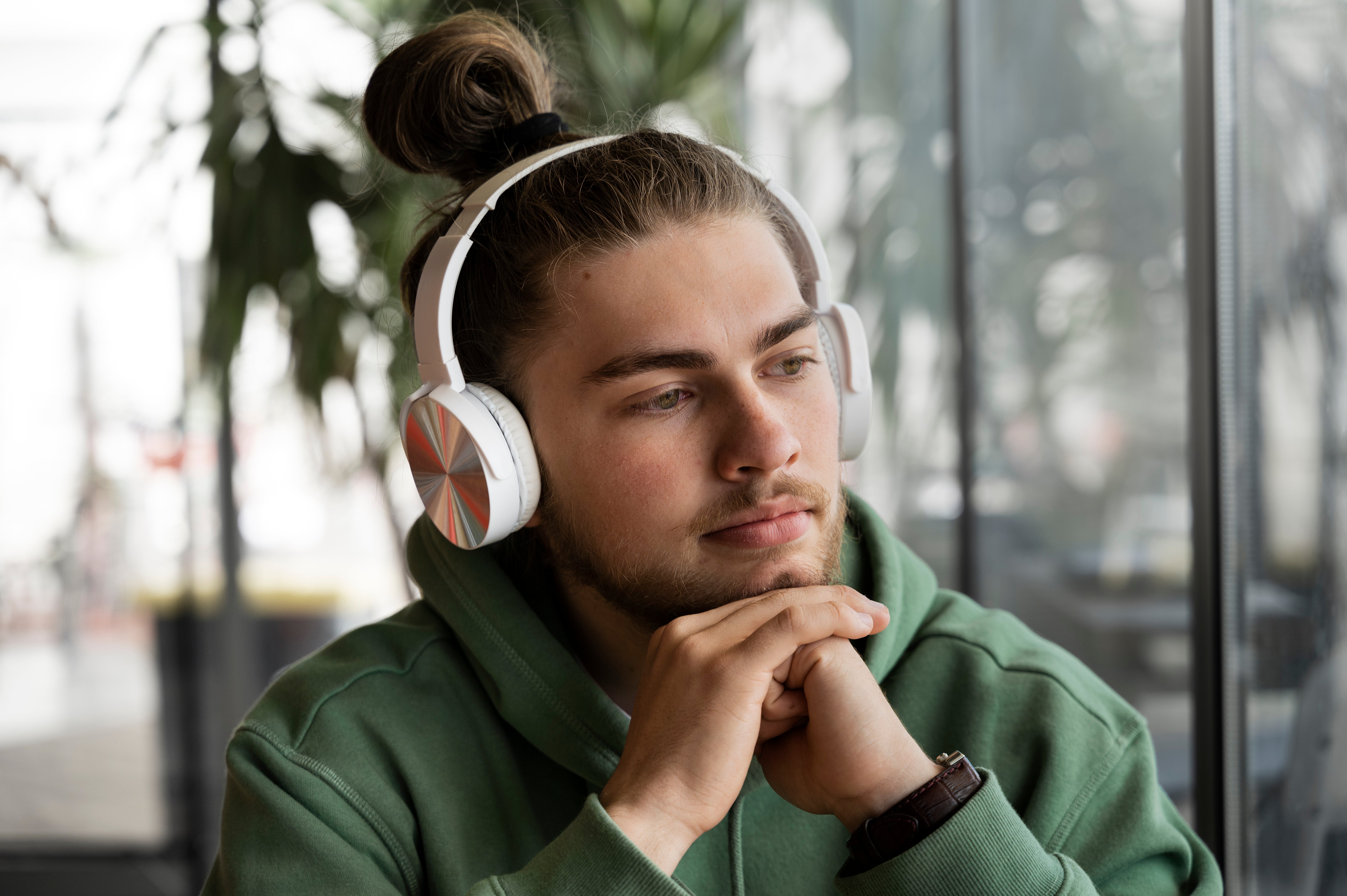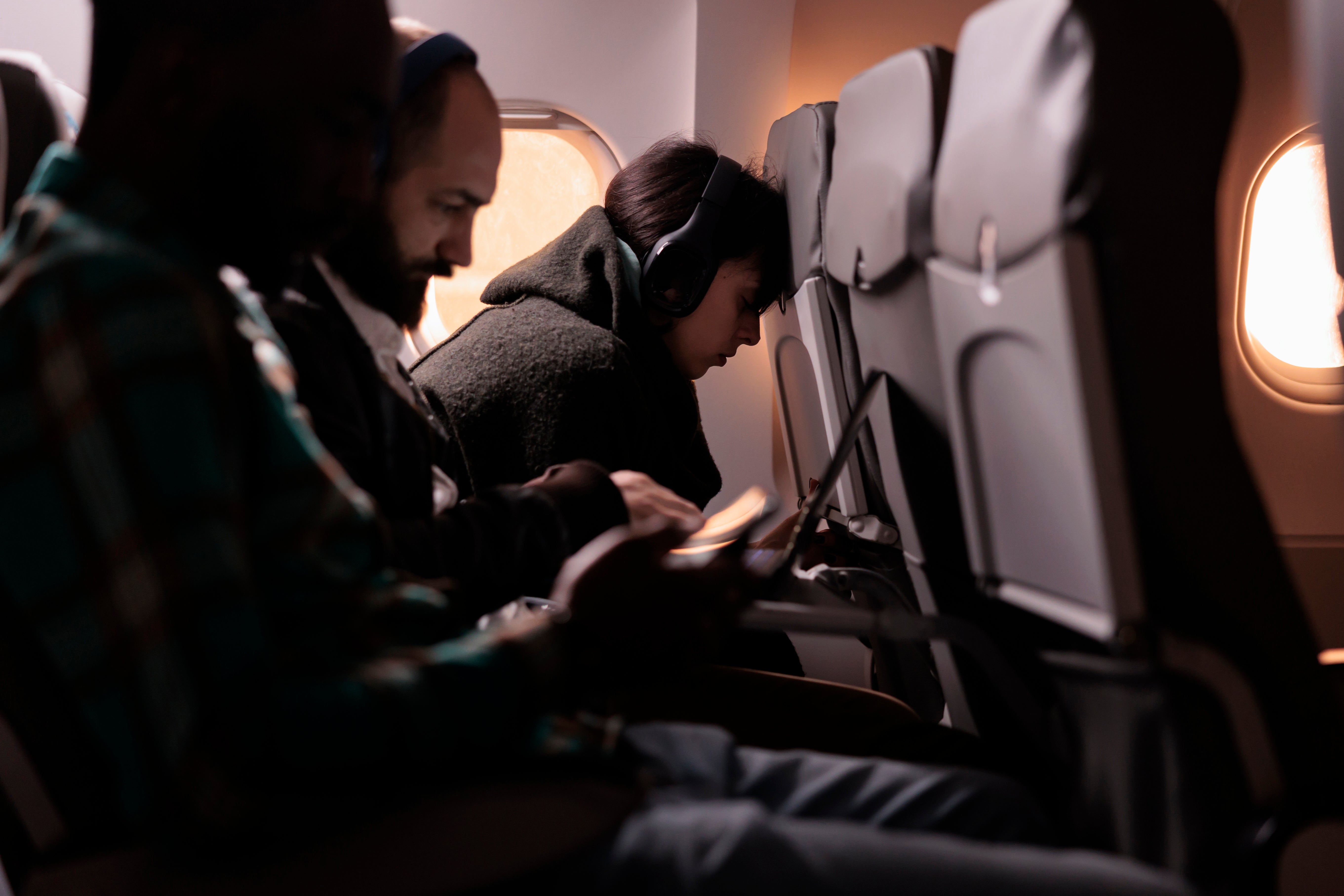
Understanding Bluetooth 6.0: What’s New, What’s Compatible, and Why It Matters
- 1. Introduction
- 2. What Is Bluetooth Technology?
- 3. A Brief History of Bluetooth Versions
- 4. When Was Bluetooth 6.0 Released?
- 5. What’s New in Bluetooth 6.0?
- 6. Bluetooth 6.0 vs Previous Versions (4.2 to 5.4)
- 7. Devices That Can Use Bluetooth 6.0
- 8. How Bluetooth Compatibility Negotiation Works
- 9. Real-World Use Cases for Bluetooth 6.0
- 10. QCY Crossky C30S
- 11. Final Thoughts
- 12. FAQS
1. Introduction
Bluetooth is everywhere. From wireless headphones and smartwatches to fitness bands and smart home gadgets, it’s become the invisible thread tying our digital lives together. As the technology continues to evolve, one question remains key: what’s the difference between Bluetooth 5.0, 5.4, and the latest Bluetooth 6.0?
In this post, we break down everything you need to know about Bluetooth 6.0—its new features, how it compares to earlier versions (especially Bluetooth 5.4), and why it matters for your wireless headphones today.
2. What Is Bluetooth Technology?
Bluetooth is a short-range wireless technology standard used for exchanging data between fixed and mobile devices. It was originally intended as a cable-replacement protocol, and has grown into the go-to solution for:
- Wireless headphones and earbuds
- Fitness trackers and wearables
- Smart home and IoT devices
- Game controllers, keyboards, and mice
- Automotive infotainment systems
3. A Brief History of Bluetooth Versions
| Version | Year Released | Focus |
|---|---|---|
| 1.0 – 1.2 | 1999–2003 | Basic pairing and file sharing |
| 2.0 + EDR | 2004 | Faster data rates |
| 3.0 + HS | 2009 | Wi-Fi handoff for high-speed transfers |
| 4.0 | 2010 | Bluetooth Low Energy (BLE) introduced |
| 4.2 | 2014 | Enhanced speed and IPv6 support |
| 5.0 | 2016 | Greater range and speed, dual audio |
| 5.2 | 2020 | LE Audio and Isochronous Channels |
| 5.3 | 2021 | Power efficiency and reliable broadcasting |
| 5.4 | 2023 | Better support for IoT, also used in audio devices |
| 6.0 | 2024 | Hi-Res Audio, Ultra Low Latency, AI-ready |
4. When Was Bluetooth 6.0 Released?
Bluetooth 6.0 was officially launched in September 2024 by the Bluetooth Special Interest Group (SIG). While previous versions refined performance, Bluetooth 6.0 is a transformative upgrade—designed for ultra-low latency, lossless audio, next-gen smart devices, and smarter multipoint connections.
5. What’s New in Bluetooth 6.0?
- 🎮 Ultra-Low Latency (ULL) – <20ms under ideal conditions, codec and chip-dependent, not guaranteed on all devices
- 🎧 Enhanced Codec Support – Native LDAC and LC3+ for Hi-Res wireless audio
- 🔋 Better Power Management – Smarter idle-state battery usage
- 🔀 Smarter Multipoint – Seamlessly switch between devices like laptop ↔ phone
- 🔒 Stronger Security – AES-256-like encryption for better data protection
- 🌐 More Intelligent Coexistence – Better handling of interference in crowded areas
6. Bluetooth 6.0 vs Previous Versions (4.2 to 5.4)
| Feature | 4.2 | 5.0 | 5.2 | 5.3 | 5.4 | 6.0 |
|---|---|---|---|---|---|---|
| Year | 2014 | 2016 | 2020 | 2021 | 2023 | 2024 |
| Max Range | ~50m | ~240m | ~240m | ~240m | ~240m | ~300m |
| Max Speed | 1 Mbps | 2 Mbps | 2 Mbps | 2 Mbps | 2 Mbps | 4 Mbps |
| Audio Codec | SBC/AAC | SBC/AAC + Dual | LC3 | LC3 | LC3, SBC | LC3+, LDAC |
| Latency* | 150–250ms | 100–180ms | 30–50ms | 30–50ms | 25–40ms | ~20ms (chip & codec dependent) |
| Multipoint | Basic | Limited | Improved | Smart Switch | Partial | AI Prioritization |
| Focus | BLE, privacy | Audio + range | LE Audio | Gaming/audio | Audio + IoT hybrid | Advanced AI + HiFi audio |
*Latency depends on codec, chipset, and implementation. LC3 codec and LE Audio reduce latency significantly; Bluetooth 6.0 enhances this further with optimized protocols.
7. Devices That Can Use Bluetooth 6.0
- 📱 Smartphones with 2024+ chipsets
- 💻 Laptops and tablets with upgraded audio stacks
- 🎧 Wireless headphones and earbuds
- 🕶️ AR/VR headsets
- ⌚ Smartwatches and fitness bands
- 🧠 AI-powered wearables and hearing tech
8. How Bluetooth Compatibility Negotiation Works
One of Bluetooth’s biggest strengths is backward compatibility. A Bluetooth 6.0 earphone can still connect with your 5.0 phone, 4.2 laptop, or even older TV.
Here’s how devices negotiate compatibility in what’s commonly called a “handshake”:
- Discovery: The devices detect each other via advertising packets.
- Version Broadcast: Each device announces its supported Bluetooth core version (e.g., 5.0 vs 6.0).
- Feature Matching: The devices compare supported features—codecs (LC3, LDAC, AAC), profiles (A2DP, AVRCP), and latency modes.
- Fallback: If both support LDAC, they use it. If not, they agree on AAC or SBC. The highest mutually supported version is selected.
- Connection Established: Data flow begins using the agreed format.
✅ Example: Your QCY Crossky C30S (Bluetooth 6.0) pairs with a Bluetooth 5.0 smartphone.
- They negotiate and fall back to AAC or SBC, depending on support.
- Advanced features like multipoint switching may be limited, but the connection remains solid and smooth.
This ensures cross-generation compatibility, keeping your devices future-proof.
9. Real-World Use Cases for Bluetooth 6.0
- Hi-Res Music Streaming with LDAC and LC3+
- Gaming & Video Sync with sub-20ms latency (where hardware allows)
- Better Battery Life during daily wear
- Instant Device Switching without disconnecting
- Lag-Free Voice Calls even in noisy environments
- Faster reconnection in gyms, airports, or crowded Wi-Fi zones
10. QCY Crossky C30S
- Bluetooth 6.0: Reliable and energy-efficient connection
- 40-Hour Playtime & Fast Charging: 6h single play / 40h with 460mAh case. 10-min USB-C charge = 1h playback for gym or commutes.
- Open-Ear Clip Design: Comfortable, breathable fit
- Sport-Ready: Sweat-resistant and ideal for movement
11. Final Thoughts
Bluetooth 6.0 is a giant leap for wireless communication. It builds on the solid foundation of versions 5.0 through 5.4, finally unlocking the audio potential of Hi-Res codecs, ultra-low latency, and true multipoint intelligence.
Even as phones and laptops slowly catch up, products like the QCY Crossky C30S put you at the forefront of that future.
🎧 Ready to level up your wireless experience?
🔊 Explore QCY Crossky C30S now
12. Bluetooth 6.0 & iPhone Compatibility: Frequently Asked Questions
❓ Does the iPhone support Bluetooth 6.0?
As of now, no iPhone models support Bluetooth 6.0. Apple's iPhone 17 series, expected to launch in late 2025, is anticipated to be the first to feature Bluetooth 6.0. Earlier models, including the iPhone 15 and 16, are equipped with Bluetooth 5.3 or earlier versions.
❓ Can I upgrade my current iPhone to Bluetooth 6.0 via a software update?
No, upgrading to Bluetooth 6.0 requires hardware support. Bluetooth 6.0 introduces new physical layer features that cannot be added through software updates. To utilize Bluetooth 6.0, you'll need a device with the necessary hardware built-in.
❓ What are the advantages of Bluetooth 6.0 over previous versions?
Bluetooth 6.0 offers several enhancements:
- Precise Location Tracking: Utilizes Channel Sounding to measure distances between devices with centimeter-level accuracy.
- Lower Latency: Improved Isochronous Adaptation Layer (ISOAL) reduces audio and data transmission delays, enhancing real-time applications.
- Energy Efficiency: Features like Decision-Based Advertising Filtering (DBAF) help devices conserve battery by reducing unnecessary signal processing.
- Enhanced Security: Improved encryption and authentication mechanisms bolster device security.
❓ Is Bluetooth 6.0 backward compatible with older Bluetooth versions?
Yes, Bluetooth 6.0 maintains backward compatibility. Devices with Bluetooth 6.0 can connect with older Bluetooth versions (e.g., 5.0, 4.2). However, the connection will operate using the highest common feature set supported by both devices. For example: Bluetooth 6.0 earbuds can connect with a Bluetooth 5.0 phone. The connection uses Bluetooth 5.0 features, so 6.0-specific improvements won’t apply. Performance depends on the lower version and shared codec support.
❓ How can I check which Bluetooth version my iPhone supports?
To determine your iPhone's Bluetooth version:
- Identify Your iPhone Model: Go to Settings > General > About and note the Model Name.
- Consult Apple's Specifications: Visit Apple's official website or trusted resources to find the Bluetooth version associated with your iPhone model.
For example, the iPhone 15 series supports Bluetooth 5.3.




